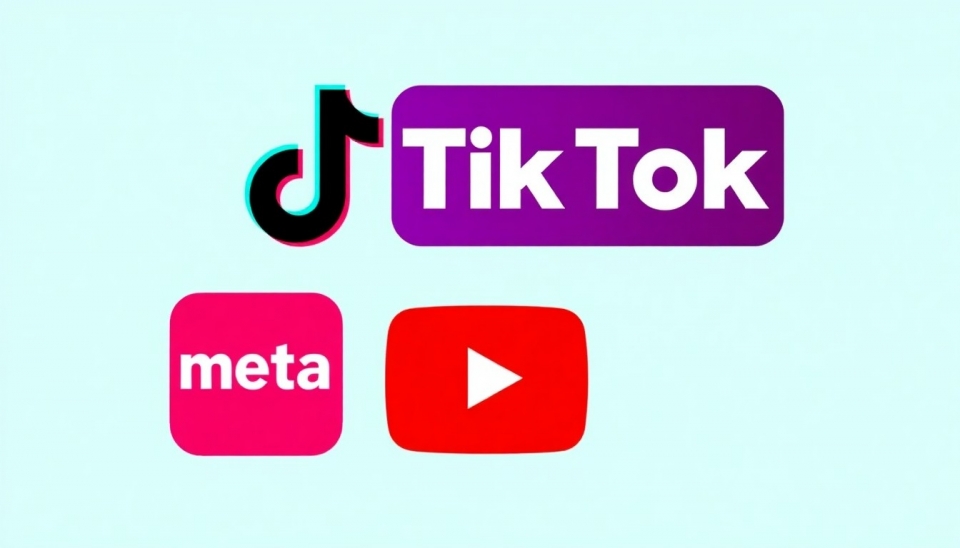
In a significant moment for the tech giant, Meta Platforms Inc. is set to face a formidable challenge as it enters an antitrust trial initiated by the Federal Trade Commission (FTC). The trial, which is highly anticipated in both legal and business circles, commences on April 14, 2025, and could potentially reshape the landscape of one of the most influential companies in the world.
The crux of the FTC's case against Meta revolves around allegations that the company has engaged in anti-competitive practices, particularly through its acquisitions of popular platforms like Instagram and WhatsApp. Regulators assert that these purchases were not merely strategic business decisions but strategic moves aimed at eliminating competition—diminishing innovation and choice for consumers in the social media landscape.
If the court sides with the FTC, it could result in drastic actions, including a forced breakup of Meta. Such a ruling would not only affect Meta's structure and operations but perhaps set a precedent for how antitrust laws are applied to tech companies in the future. Experts posit that this trial represents one of the most significant legal battles for the tech sector in recent years.
Meta has vigorously denied the allegations, arguing that its acquisitions have actually benefited consumers by providing more choices and fostering competition. The company claims that the FTC's stance is misguided and fails to acknowledge the dynamic and competitive nature of the technology industry today. CEO Mark Zuckerberg has stated that the company's focus remains on innovation and user experience, which they believe is the driving force behind their growth.
The implications of this trial extend beyond just Meta itself; they could influence the regulatory landscape for technology firms worldwide. As governments increasingly scrutinize big tech companies, many are watching the proceedings closely to gauge the future direction of antitrust enforcement and corporate mergers.
As the trial progresses, both sides prepare to present their arguments. The FTC is expected to illuminate the narrative of consumer harm and enhanced market dominance, while Meta will seek to showcase its role as a catalyst for positive change within the industry. With billions at stake and potential outcomes that could alter the business strategy for Meta, the tech world is bracing for what could become a historic legal confrontation.
In a climate where governmental oversight of big tech is ever-increasing, Meta’s trial serves as a litmus test for the efficacy of modern antitrust laws in dealing with digital marketplaces. Legal experts speculate that, regardless of the outcome, the trial could lead to more nuanced conversations about competition in technological spaces and spur future regulations that profoundly impact how tech firms operate.
The proceedings will be closely monitored by investors, analysts, and industry insiders alike, all eager to understand how the verdict will influence Meta's business model and the wider technology ecosystem. As April finds itself set for what could be a landmark event in corporate law, all eyes will be on the courtroom to witness a battle that may very well redefine the future of Meta Platforms.
As this consequential case unfolds, it highlights the tensions between innovation and regulation—echoing broader concerns about how to manage colossal tech power in an ever-evolving digital landscape.
#Meta #FTC #Antitrust #LegalBattle #BigTech #CourtTrial #Innovation #Regulation
Author: Emily Collins




